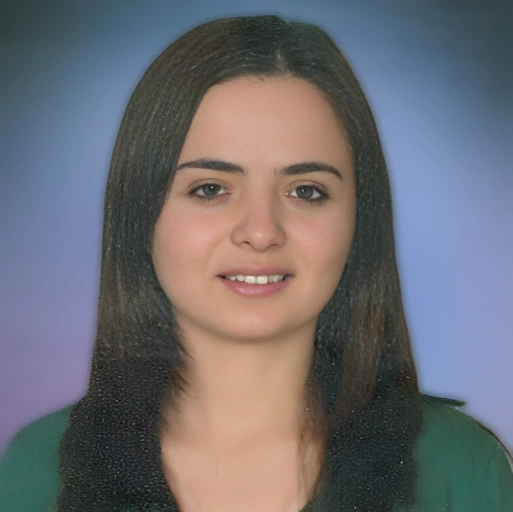Yazarlar (2)
Prof. Dr. Mustafa SIRAKAYA
Kırşehir Ahi Evran Üniversitesi, Türkiye
Doç. Dr. Didem ALSANCAK SIRAKAYA
Kırşehir Ahi Evran Üniversitesi, Türkiye
| Makale Türü | Özgün Makale (SSCI, AHCI, SCI, SCI-Exp dergilerinde yayınlanan tam makale) | ||
| Dergi Adı | INTERACTIVE LEARNING ENVIRONMENTS (Q1) | ||
| Dergi ISSN | 1049-4820 Wos Dergi Scopus Dergi | ||
| Dergi Tarandığı Indeksler | SSCI, SSCI, SCOPUS, Curation, Current Contents Social And Behavioral Sciences, Essential Science Indicators, Journal Citation Reports Social Sciences, Reference Master, Sophia | ||
| Makale Dili | İngilizce | Basım Tarihi | 07-2022 |
| Cilt / Sayı / Sayfa | 30 / 8 / 1556–1569 | DOI | 10.1080/10494820.2020.1722713 |
| Makale Linki | http://dx.doi.org/10.1080/10494820.2020.1722713 | ||
| Özet |
| This study aimed to systematically investigate the studies in which augmented reality (AR) was used to support Science, Technology, Engineering and Mathematic (STEM) education. In this framework, the general status of AR in STEM education was presented and its advantages and challenges were identified. The study investigated 42 articles published in journals indexed in SSCI database and deemed suitable for the purposes of this research. The obtained data were analyzed by two researchers using content analysis method. It was found that the studies in this field have become more significant and intensive in recent years and that these studies were generally carried out at schools (class, laboratory etc.) using marker-based AR applications. It was concluded that mostly K-12 students were used as samples and quantitative methods were selected. The advantages of AR-STEM studies were summarized and examined in detail in 4 sub-categories such as "contribution to learner, educational outcomes, interaction and other advantages". On the other hand, some challenges were identified such as teacher resistance and technical problems. |
| Anahtar Kelimeler |
| Augmented reality | STEM | science education | interactive learning environments | systematic review |
| Atıf Sayıları | |
| WoS | 152 |
| Google Scholar | 406 |


